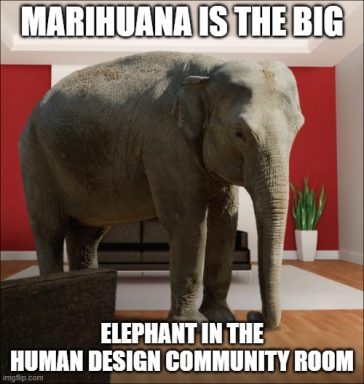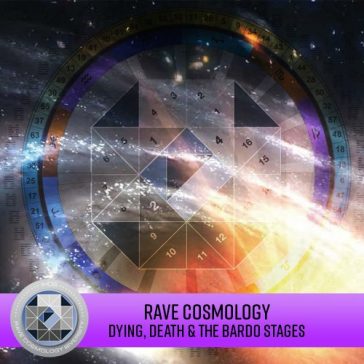operating correctly through your strategy and your authority

“We take drugs to change our moods. How easy it is— we‘ve got all kinds of receptors in the brain for endorphins that will immediately give us a chemistry that makes us feel good. And you have to see that the chemistry that makes you pessimistic, the chemistry that gives you this terrible feeling that’s all it is, is a chemistry.
One of my biggest things about trying to awaken the Personality is to remind you that the vehicle operates as a chemical thing, that the experiences of this or that, the up and down, the good mood and bad mood, the upset and not upset, and the melancholy and the not, it’s all just chemistry; nothing more, nothing less. But that chemistry—the whole thing about operating correctly through your strategy and your authority is that you align, you balance this chemistry. And that you don’t distort it so that you’re moving more towards the pessimistic or more towards the other side.
So many human beings that have been involved in drugs in their life and whether those drugs are pharmaceutical abuses or whether they are pleasure drugs or whether it’s alcohol or whatever the case may be, so many beings have gone that way because they have not found in their life experiences that were transforming. And it is the transforming experience that adds depth to the field of consciousness. It’s why we have a human experiential way.” -Ra Uru Hu
